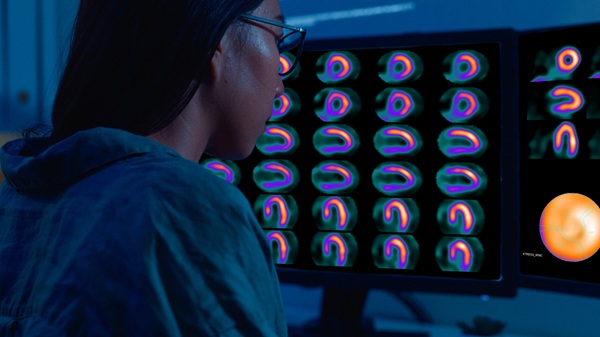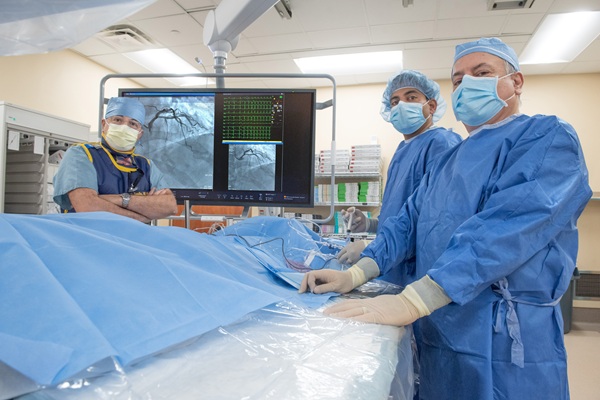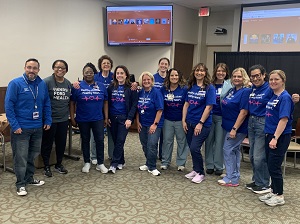
High Blood Pressure In Kids Is More Common Than You Think
High blood pressure in kids is a growing problem. Read what causes pediatric hypertension, how its diagnosed and how—and why—to treat it.
When you are at risk for heart disease, getting expert care can make all the difference. At Henry Ford Heart & Vascular, our cardiologists are part of a large team of cardiovascular experts. Using advanced techniques and the best available treatments, we treat all types of heart conditions.

Whether you have a family history of heart disease or your just started feeling symptoms – like shortness of breath and dizziness – the heart specialists at Henry Ford quickly diagnose your condition.
As a referral center, we see patients from all over the Midwest. You can relax knowing that you can go back to seeing doctors in your community after you start feeling better.
A cardiologist is a doctor who specializes in caring for heart conditions. With clinics across southeastern and south central Michigan, we make it easy for you to get the care you need. Here’s what to expect on your first visit:
Depending on the results of your initial visit and testing, you may receive ongoing care from our cardiologists or we may refer you to one of our specialists. These doctors have advanced training in diagnosing and treating complex forms of heart and vascular care.

High blood pressure in kids is a growing problem. Read what causes pediatric hypertension, how its diagnosed and how—and why—to treat it.

Need a good reason to fall in love? Being in love has a positive impact on your heart - relaxing blood vessels and improving blood pressure.

Estrogen changes during menopause can impact your cholesterol levels. During this time, make sure you are working with your provider to manage your health.

While anxiety, depression and PTSD are all normal mental health changes that can develop after you have a heart attack, many people aren't prepared for how these new feelings might impact their recovery.


Henry Ford Health is outpacing a national trend toward radial access on percutaneous coronary interventions. More than 75% of the health system’s PCIs are performed threading a catheter through the wrist instead of the groin, compared to a national average of 57.5% in 2022, according to research.


We use cookies to improve your website experience. By using this site, you agree to our Terms of Use. Read our Internet Privacy Statement to learn what information we collect and how we use it.